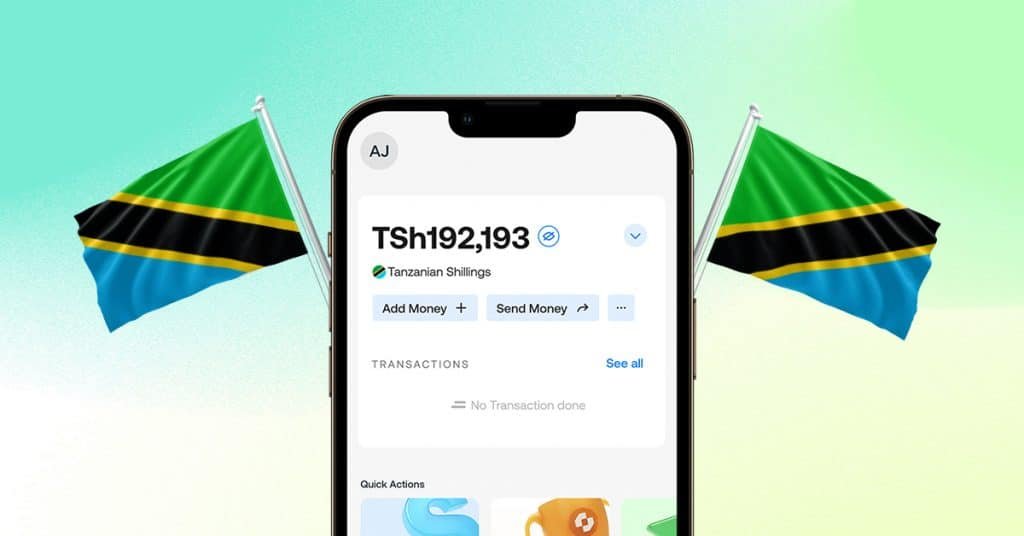The Bank of Tanzania (BoT) is intensifying its efforts to regulate digital lending in the country, targeting unlicensed operators in an industry that has rapidly gained traction. The move seeks to protect consumers, maintain market stability, and uphold ethical practices within the digital microfinance sector.
BoT’s Crackdown and Licensing Requirements
As of November 14, the BoT had approved only four out of 20 formal license applications for digital lending operations under new, stricter guidelines introduced in August 2024. These guidelines aim to address challenges such as exorbitant interest rates, unethical debt recovery practices, and breaches of consumer data privacy.
In collaboration with the Tanzania Communications Regulatory Authority (TCRA), the BoT identified and began shutting down 69 unlicensed digital lenders operating through mobile apps. The central bank emphasized that these entities were in violation of the 2018 Microfinance Act, jeopardizing consumer welfare and the integrity of legitimate financial services.
Tier 2 Microfinance Providers
Digital lenders in Tanzania fall under Tier 2 microfinance service providers, which encompass non-deposit-taking institutions. This category is distinct from Tier 1 (microfinance banks), Tier 3 (Savings and Credit Cooperative Societies or SACCOS), and Tier 4 (community-based microfinance groups).
The BoT’s August guidance introduced several critical measures:
- Caps on Loan Fees and Charges: Lenders must adhere to transparent pricing structures.
- Ethical Debt Recovery Practices: Prohibited actions include harassment, abusive language, and physical assault.
- Data Privacy Protections: Stricter regulations to safeguard customer information.
- Consumer Complaint Mechanism: A dedicated desk at the BoT now addresses borrower complaints.
Market Challenges and Consumer Concerns
BoT Assistant Manager for Microfinance, Mary Ngassa, highlighted that unethical practices among some digital lenders, such as aggressive debt collection tactics and public harassment of borrowers, were prevalent. These behaviors not only harm individuals but also undermine public trust in microfinance institutions.
Excessive fees, lack of interest rate transparency, and short repayment periods were also cited as significant issues. These practices increase financial vulnerability among borrowers, often leading to a cycle of debt.
BoT Acting Manager for Microfinance Supervision, Dickson Gama, stressed that addressing these challenges is crucial to restoring the credibility of the sector and ensuring consumer protection.
The Popularity of Digital Lending
Digital lending has surged in Tanzania, largely due to the convenience it offers. Unlike traditional banks, digital lenders provide quick access to funds through websites and mobile applications. This efficiency has made these services particularly attractive to individuals and small businesses facing urgent financial needs.
The increasing adoption of smartphones, combined with advancements in financial technology, has further fueled the growth of digital lending platforms. Despite their advantages, these platforms often operate with minimal oversight, exposing users to predatory practices.
Public Awareness and Future Initiatives
To combat the proliferation of unlicensed lenders, the BoT plans to launch initiatives aimed at increasing public awareness of services offered by licensed providers. This will include educational campaigns on identifying authorized lenders and understanding the risks associated with unregulated platforms.
Additionally, the BoT is working on further measures to enhance the regulatory framework. These may include integrating digital lending operations with broader financial systems to improve transparency and accountability.
Regional Context
Tanzania’s crackdown on unlicensed digital lenders is part of a broader trend in Africa, where governments are grappling with the rapid growth of financial technology. Countries such as Kenya and Nigeria have faced similar challenges and implemented regulations to curb malpractice in the digital lending space.
In Kenya, for example, the Digital Lenders Association of Kenya (DLAK) has been instrumental in setting industry standards. Similarly, Nigeria’s central bank introduced a licensing framework for fintech companies, aiming to create a balance between innovation and consumer protection.
The Way Forward
The BoT’s actions mark a significant step toward fostering a more secure and ethical digital lending environment in Tanzania. However, sustained efforts will be required to fully address the challenges posed by unregulated operators.
Collaboration between regulatory bodies, financial institutions, and technology providers will be essential in achieving this goal. By striking the right balance between innovation and oversight, Tanzania can unlock the potential of digital finance while safeguarding the interests of its citizens.
Conclusion
The rise of digital lending in Tanzania reflects the transformative power of technology in expanding financial access. However, without proper regulation, this innovation risks being undermined by unethical practices and consumer exploitation.
The BoT’s crackdown serves as a reminder of the importance of regulatory frameworks in fostering trust and stability in the financial sector. As the country continues to embrace digital finance, ensuring that these services operate within the bounds of the law will be critical to their long-term success.
Ready to take your career to the next level? Join our dynamic courses: ACCA, HESI A2, ATI TEAS 7 and HESI EXIT !🌟 Dive into a world of opportunities and empower yourself for success. Explore more at Serrari Ed and start your exciting journey today! ✨
Photo source: Google
By: Montel Kamau
Serrari Financial Analyst
26th November, 2024
Article, Financial and News Disclaimer
The Value of a Financial Advisor
While this article offers valuable insights, it is essential to recognize that personal finance can be highly complex and unique to each individual. A financial advisor provides professional expertise and personalized guidance to help you make well-informed decisions tailored to your specific circumstances and goals.
Beyond offering knowledge, a financial advisor serves as a trusted partner to help you stay disciplined, avoid common pitfalls, and remain focused on your long-term objectives. Their perspective and experience can complement your own efforts, enhancing your financial well-being and ensuring a more confident approach to managing your finances.
Disclaimer: This article is for informational purposes only and does not constitute financial advice. Readers are encouraged to consult a licensed financial advisor to obtain guidance specific to their financial situation.
Article and News Disclaimer
The information provided on www.serrarigroup.com is for general informational purposes only. While we strive to keep the information up to date and accurate, we make no representations or warranties of any kind, express or implied, about the completeness, accuracy, reliability, suitability, or availability with respect to the website or the information, products, services, or related graphics contained on the website for any purpose. Any reliance you place on such information is therefore strictly at your own risk.
www.serrarigroup.com is not responsible for any errors or omissions, or for the results obtained from the use of this information. All information on the website is provided on an as-is basis, with no guarantee of completeness, accuracy, timeliness, or of the results obtained from the use of this information, and without warranty of any kind, express or implied, including but not limited to warranties of performance, merchantability, and fitness for a particular purpose.
In no event will www.serrarigroup.com be liable to you or anyone else for any decision made or action taken in reliance on the information provided on the website or for any consequential, special, or similar damages, even if advised of the possibility of such damages.
The articles, news, and information presented on www.serrarigroup.com reflect the opinions of the respective authors and contributors and do not necessarily represent the views of the website or its management. Any views or opinions expressed are solely those of the individual authors and do not represent the website's views or opinions as a whole.
The content on www.serrarigroup.com may include links to external websites, which are provided for convenience and informational purposes only. We have no control over the nature, content, and availability of those sites. The inclusion of any links does not necessarily imply a recommendation or endorsement of the views expressed within them.
Every effort is made to keep the website up and running smoothly. However, www.serrarigroup.com takes no responsibility for, and will not be liable for, the website being temporarily unavailable due to technical issues beyond our control.
Please note that laws, regulations, and information can change rapidly, and we advise you to conduct further research and seek professional advice when necessary.
By using www.serrarigroup.com, you agree to this disclaimer and its terms. If you do not agree with this disclaimer, please do not use the website.
www.serrarigroup.com, reserves the right to update, modify, or remove any part of this disclaimer without prior notice. It is your responsibility to review this disclaimer periodically for changes.
Serrari Group 2025
















